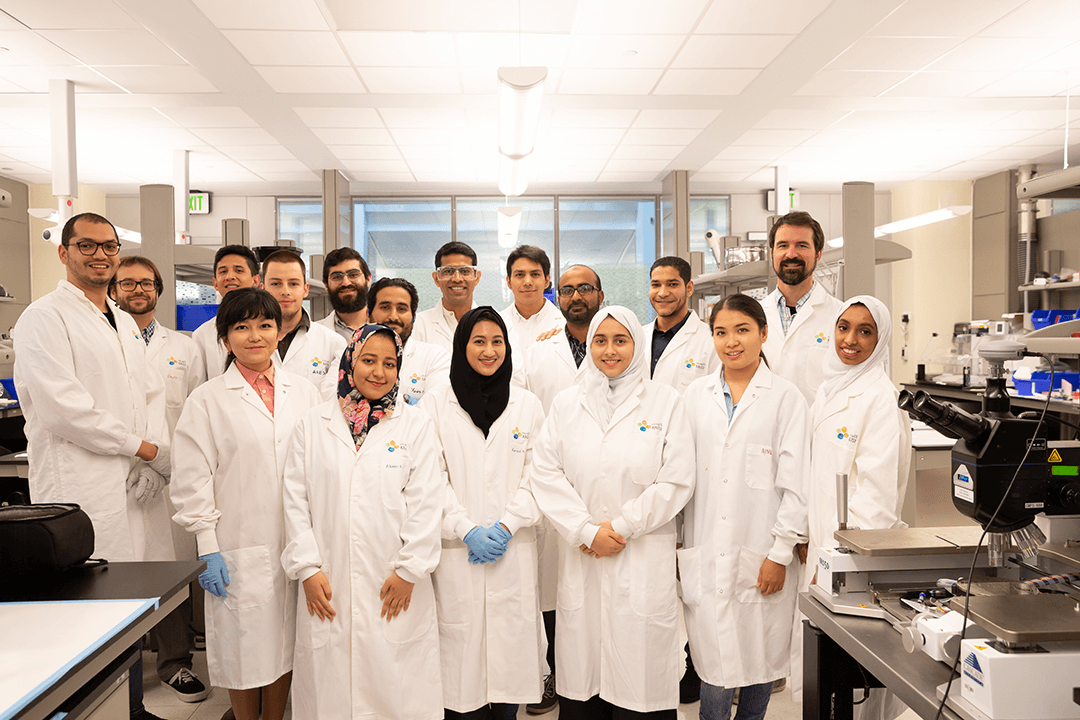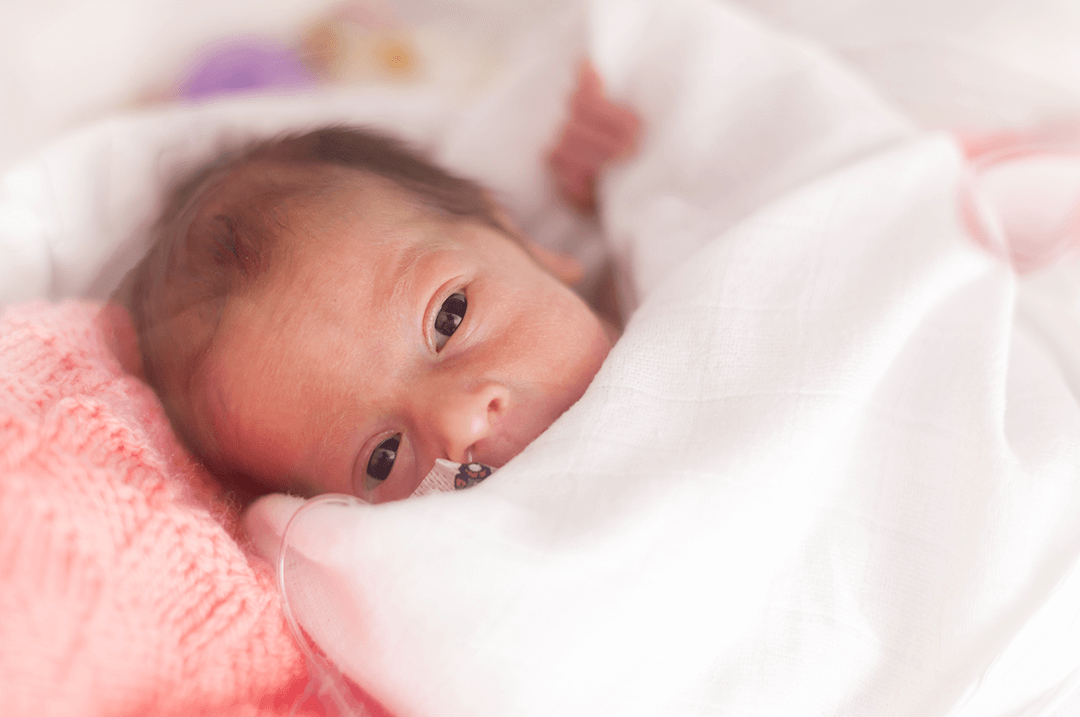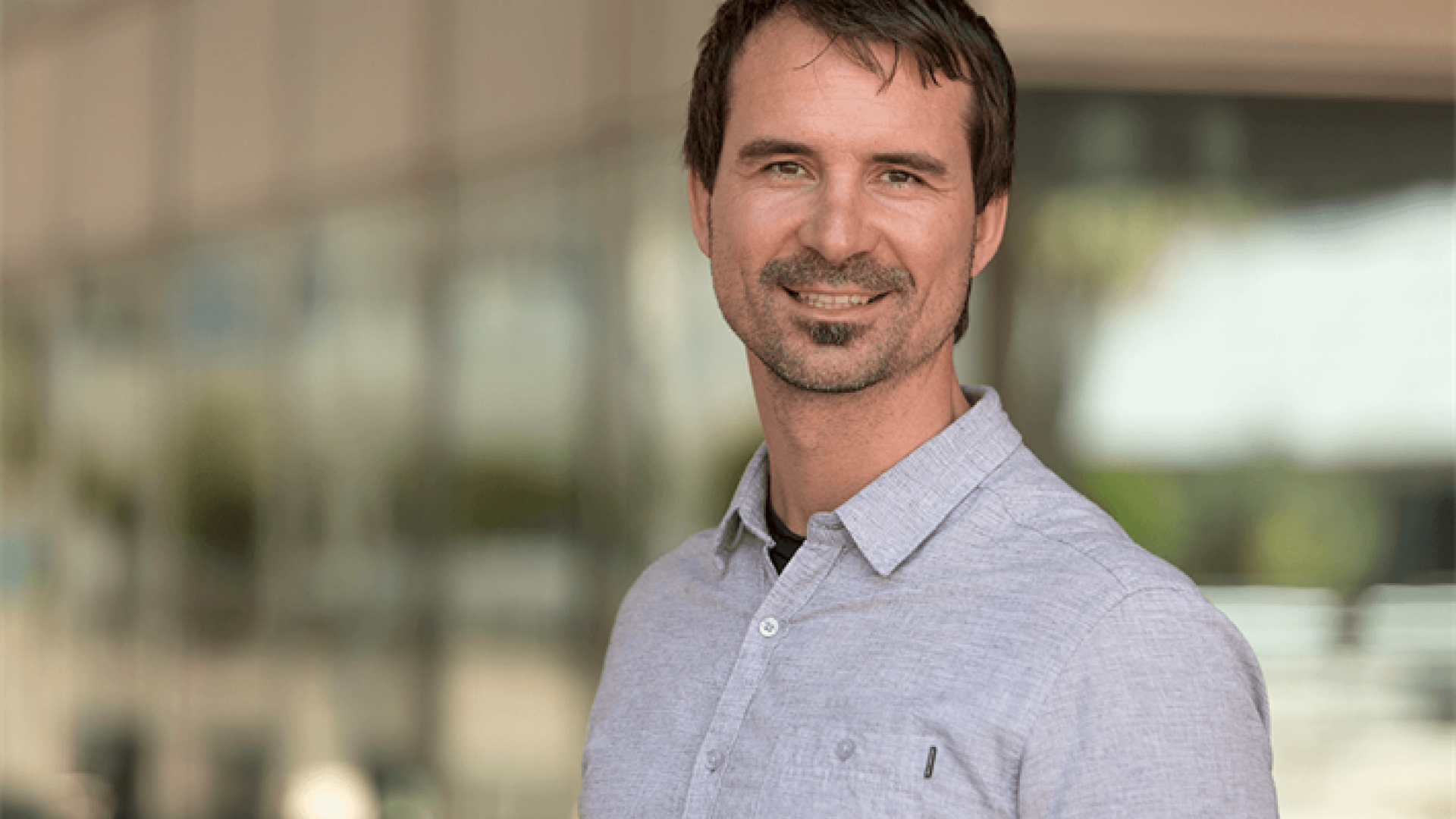By David Murphy, KAUST News
Jürgen Kosel, KAUST associate professor of electrical engineering in the University's Computer, Electrical and Mathematical Science and Engineering division, has been appointed as a distinguished lecturer of the Institute of Electrical and Electronics Engineers (IEEE) Sensors Council for the period of 2020 to 2022. Kosel was selected from several outstanding candidates based on his reputation, experience and the relevance of his proposed topics for the sensors community.
As distinguished lecturer, he will promote the field of interest of the Council over the coming three years. He will also begin seeking out lecturing opportunities in relevant communities, as per the Council's Distinguished Lecturer Program Policies.
Kosel stated he feels honored to have received a high level of acknowledgement from such a large technical community—a community that also appreciates the relevance of the work from his Sensing, Magnetism and Microsystems (SMM) research group and its collaborators.
"It is great to receive recognition by my peers in IEEE and in general," he said. "More important, though, is to move the field forward by developing sensor solutions that eventually make a positive difference in people's lives."
"A Distinguished Lecturer is an ambassador of the field of sensors, the Sensors Council and the IEEE, with the mission to give talks on important and 'hot' sensor topics," Kosel continued. "One particular goal is to attract young professionals and students to this vibrant field in order to generate an influx of innovative and energetic researchers who have new ideas and are helping to drive technological advances."

Impactful research
Kosel's research at KAUST focuses on sensors and transducers, and it spans across different disciplines, covering a wide range of applications. At present, he is working on sensors for animal monitoring, precision farming, Formula One racing and biomedical instruments.
One of the most significant projects the SMM group currently works on is the development of magnetic devices for high-density data storage, cancer treatment, magnetic resonance imaging, drug and cell delivery and combined theranostic (providing therapy and diagnosis) approaches. The research has the potential to positively impact Saudi Arabia, and the devices created could also have an unparalleled impact in the developing world—for example, in areas where people suffer from limited or non-existent access to the latest in medical care and equipment.

It is estimated that every year, approximately 15 million babies worldwide are born preterm and require intravenous administration of liquid nutrition and medicine, which is done with an umbilical catheter. Its placement is carried out using X-ray imaging, exposing the neonate to ionizing radiation up to as many as 30 radiographs within the first six weeks of life.
"Unfortunately, radiation sensitivity is highest during the newborn period and so is the risk of cancer induction," Kosel explained. "With the magnetic sensing technologies developed in my lab, we can address this issue and considerably reduce or completely avoid harmful X-ray exposure of these babies with a simple and affordable handheld device. However, the solution must take into account medical and regulatory considerations. To this end, our collaboration with an experienced pediatrician in South Africa is extremely beneficial to guide our research and development and ensure the device will be accepted by his community."
Read the full article
